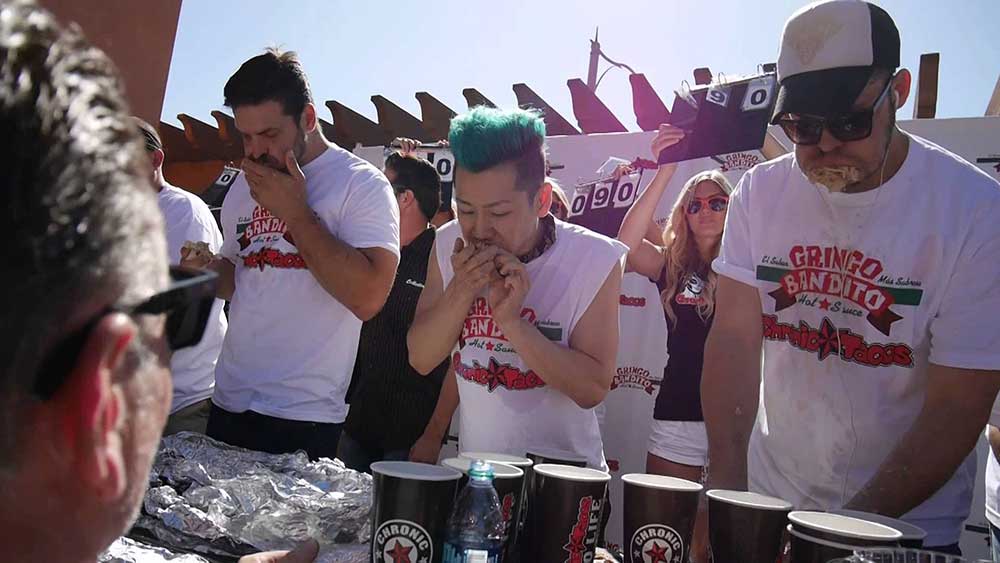
We sometimes see people eating a huge amount of food in a limited amount of time.
When I see a person like that, I think, “Could it be possible to eat that in a limited time?”. In fact, this kind of “challenging food” has a subtle “nudge” hidden in it.
However, there are more people who challenge this nonsense around us. Of course some of them are successful, but most of them are unsuccessful.
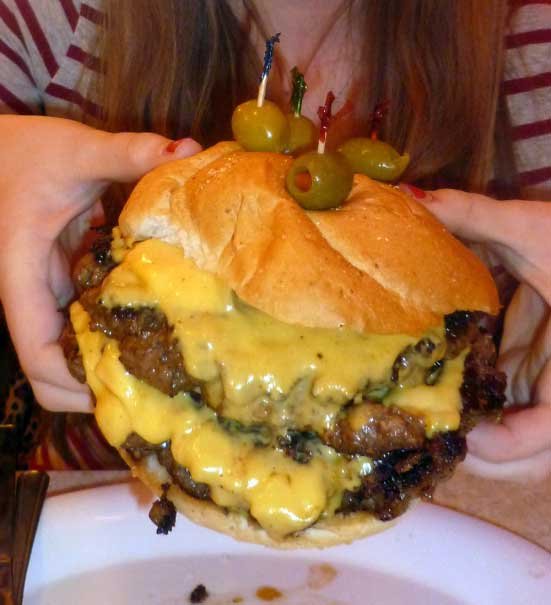
Why do we visit a restaurant that offers “challenging food”? And why are we doing such a reckless challenge?
In fact, this kind of “challenging food” has a subtle “nudge” hidden in it. What kind of Nudge? I greatly dig into the following two psychology.
- Most of us overestimate our own capabilities.
- We all love freebies.
Challenging food makes use of these two kinds of psychology to create synergy. Let’s take a look at our first psychology.
Most of us overestimate our own capabilities.

Humans tend to overestimate their own experience or their abilities. We do not know why. But obviously, most of us are blaming the environment or blaming others for the wrong situations.
Probably because we overestimate our abilities.
There is another example of overestimating your own abilities. It is the case to calculate the duration to perform a project. Maybe you know what I’m trying to say. Most of us overestimate our ability. And we calculate project period according to it. Of course, you rarely end work on time. What I thought would be a week would actually take more than a week.
This is because we tend to interpret ourselves positively without evaluating ourselves objectively. Let’s go back to “challenge food” again.
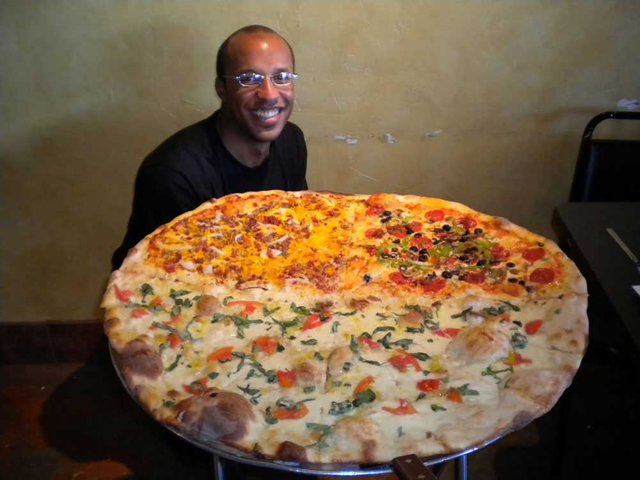
Most of us do not have the ability to eat that huge size of food. Even if it can be eaten, it can not be consumed within the time limit. Nevertheless, we are willing to accept that huge amounts of food and come to the challenge. It is the same as thinking that I will win, drawing lots that have a very low probability of winning.
We all love freebies.

The second is our psychology that likes freebies. Your ability is highly appreciated by you, but it is the “free” reward that actually makes it a reckless challenge. you are highly appreciated that your ability, but it is the “free” reward that actually makes a reckless challenge.
In fact, many people respond to “freebies” easily. Most people are weak in “freebies”. In fact, even rich people with a lot of money are easily tempted by the magic of “freebies”.
Free of charge means that there is no cost. The word free also leads to positive emotions that make consumers feel better.
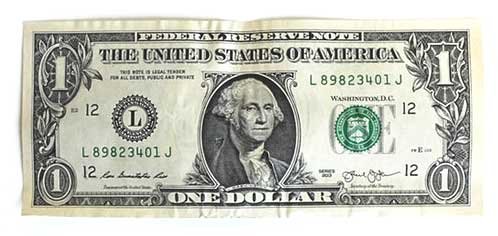
In the process of rationally taking profits and costs, humans consume mental energy, which can create negative emotions. It is basic psychology to compare the profit and the cost thoroughly if I get out of my pocket even if it is only $1. But free is different. You do not have to worry about the cost, and it’s good for you to feel good.
Even if you do not succeed, You feel better that just the fact that it is freebie. The notion of “free”, which does not have to be costly, encourages more people to challenge. If you just complete the mission, you will receive a “free” reward.
So people ignore the high probability of failure and expect a very low probability of success. It’s a decision based on a psychology that overestimates your abilities.
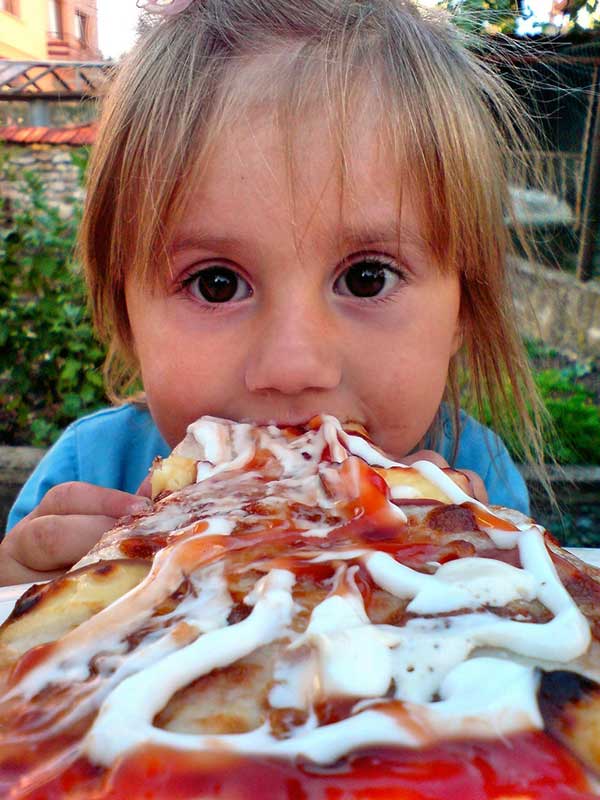
In the end, we challenge “challenge food” with a psychology that likes self-esteem and freebies. Of course, the challenge should not seem impossible. It should be a challenge that you can think of as “I can do it”
If the reward of free offer is combined with a challenge that is look Possible, it will have a big impact. Maybe “Challenge Food” is the marketing that best utilized the nudge strategy?
As more people succeed in the challenge, more people will challenge it. they will think, “I can do that, too”. But you should not overestimate yourself. you might have to pay a bigger price for the “challenge food” that you forcibly swallowed.
on Attrest.com
on Facebook
on Instagram
on Medium
on Naver(Kor ver.)